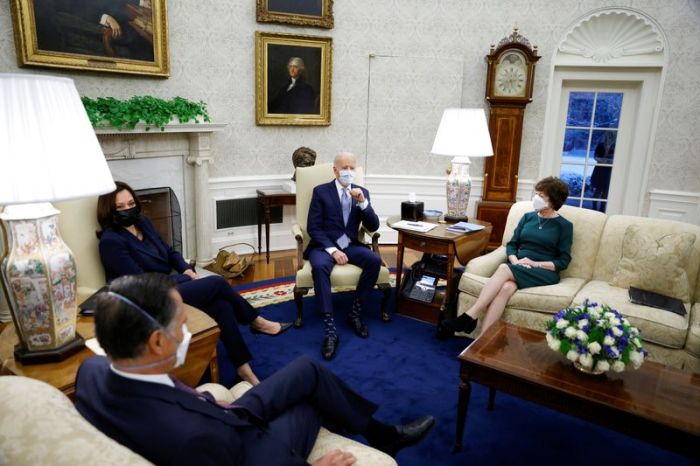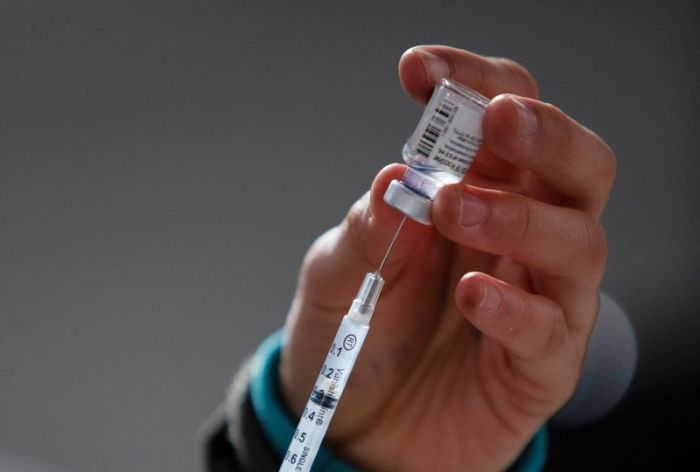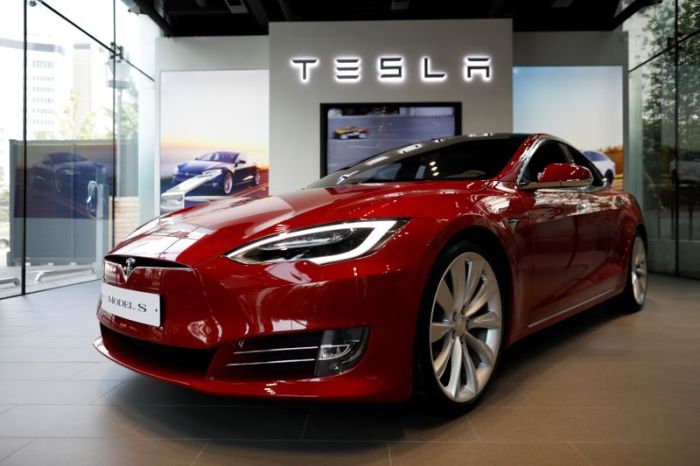DUBAI (Reuters) -With the live music industry shut down by the pandemic, celebrated French DJ David Guetta said it would be fair for festivals in the future to restrict entry to those vaccinated against the coronavirus.
Guetta, 53, who said he has received the first dose of the Pfizer-BioNTech vaccine, has urged fans to get vaccinated but says he understands and respects that it is a personal decision.
“I think it is absolutely fair. People have the right not to get vaccinated but they cannot impose on other people the risk of making them sick,” he told Reuters on Tuesday.
He also said it would be fair for cities and countries to restrict entry to those vaccinated too.
Globally, there have been at least 103,371,000 reported COVID-19 cases and 2,235,000 deaths caused by the disease so far.
In Guetta’s native France, one of the hardest-hit countries in Europe and in the world, people are among the most sceptical about vaccines, with opinion polls showing less than half the population intends to get a COVID shot.
Known for collaborations over nearly two decades with artists such as Snoop Dogg and Kid Cudi, Guetta said he was hoping for an end to the pandemic this year, which has been “terrible for our industry”, and for 2022 to be the “biggest party year” ever.
“People have been frustrated for so long. When they are able to meet and party together, it’s going to be incredible.”
As soon as concerts and festivals return, he said he would be on tour “non-stop.”
“I have been missing my shows so much.”
This Saturday, Guetta will stream a concert – without fans in attendance – from Dubai’s iconic sail-shaped Burj Al Arab hotel in support of UNICEF and local charity Dubai Cares as part of his “United at Home” charity initiative.
(Reporting by Alexander Cornwell; editing by Emelia Sithole-Matarise)























